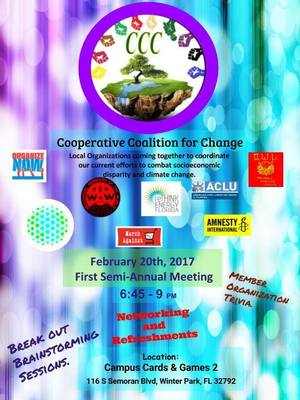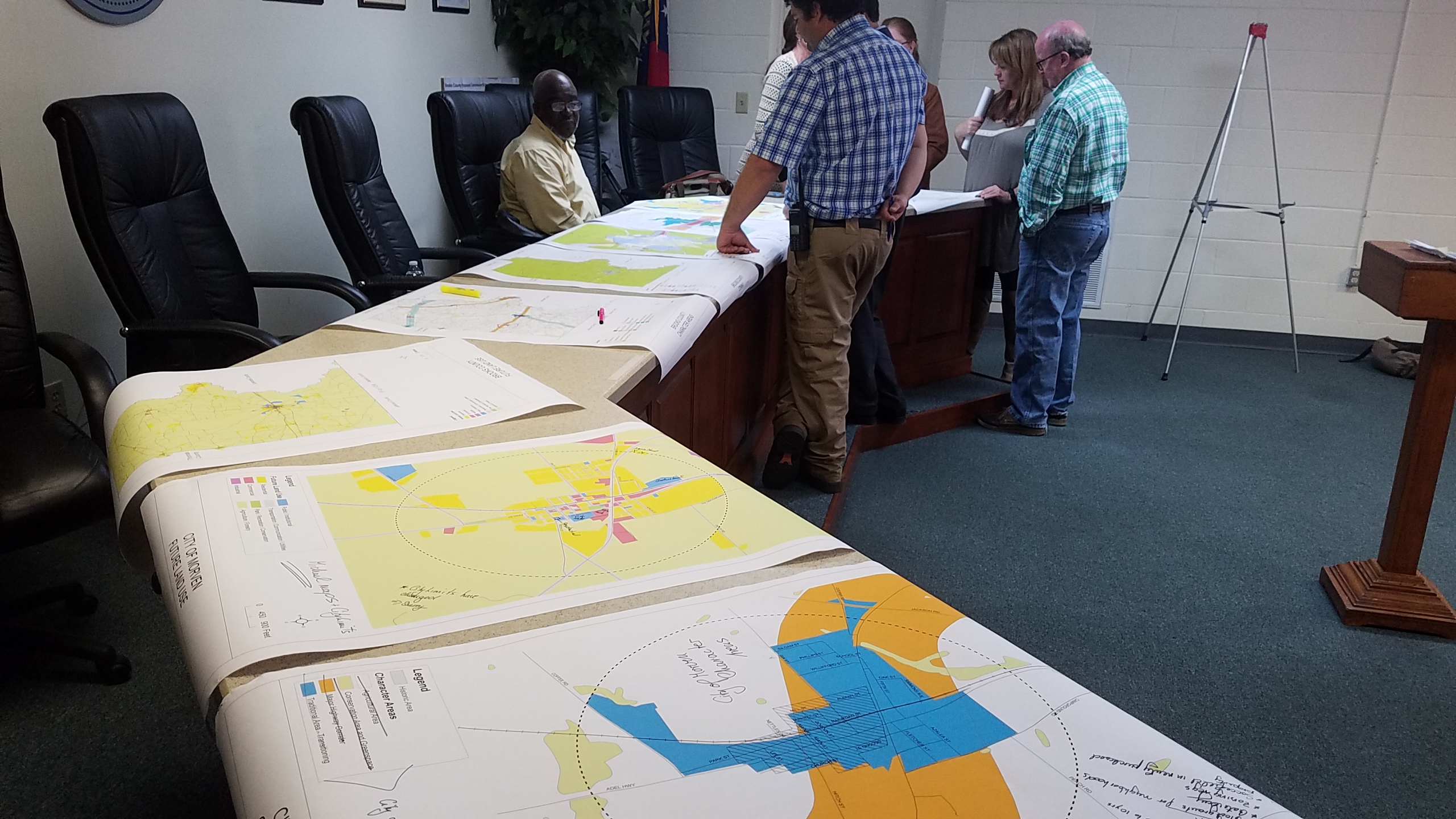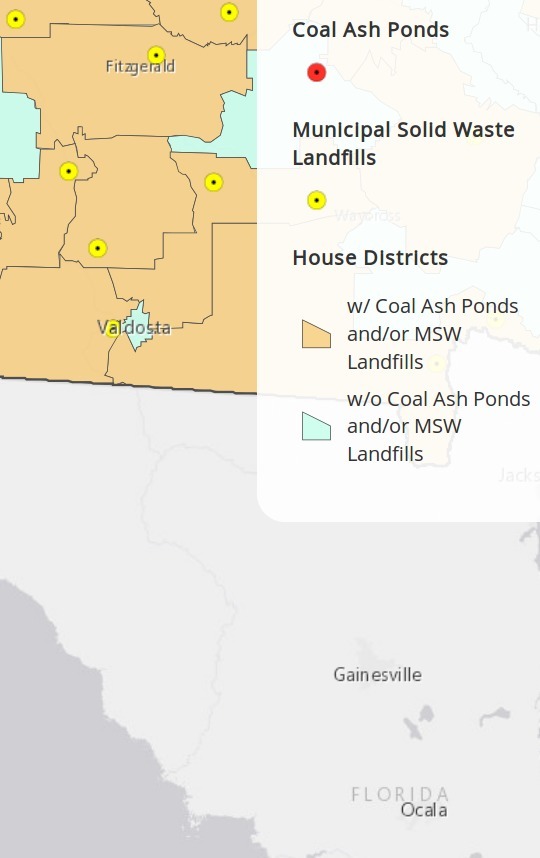Tomorrow in Winter Park near Orlando, the Cooperative Coalition for Change (CCC),
a new group formed by Alaina Marshall, will have its first semi-annual meeting.
I’ll be talking about
 how solar power is here right now, even FPL admits
Sabal Trail is not needed, and how working together about this and much
bigger problems with our waters in the Floridan Aquifer, rivers, springs, and swamps
is much better than everybody trying to go it alone.
how solar power is here right now, even FPL admits
Sabal Trail is not needed, and how working together about this and much
bigger problems with our waters in the Floridan Aquifer, rivers, springs, and swamps
is much better than everybody trying to go it alone.
When: 6:30-9PM Monday February 20, 2017
Where: 116 S Semoran Blvd, Winter Park, Florida 32792
Event: facebook
CCC member organizations, affliate organizations, and all members of the community are welcome. This is Continue reading






![/pictures/2007-01-01--brooks-compplan/[Map D-4 Water Resource Protection Districts]](/pictures/2007-01-01--brooks-compplan/small/Brooks_County_Community_Assessment-0091.jpg)


